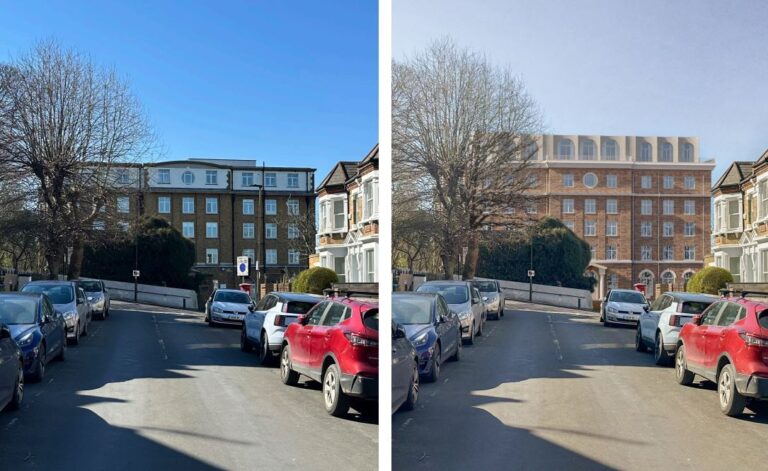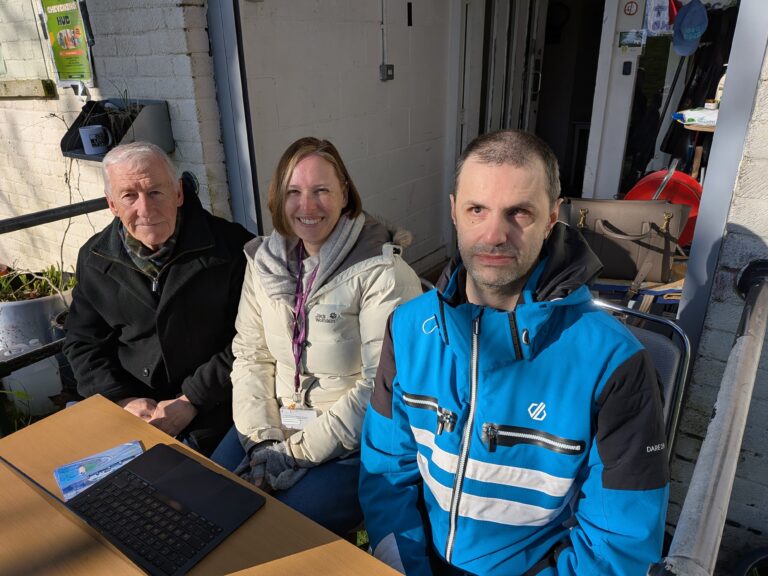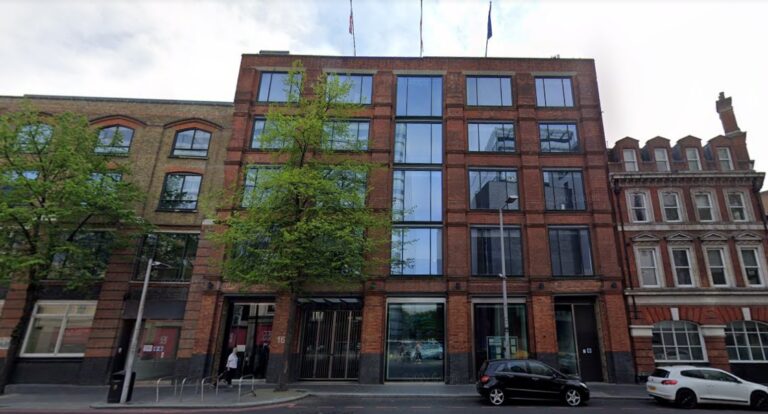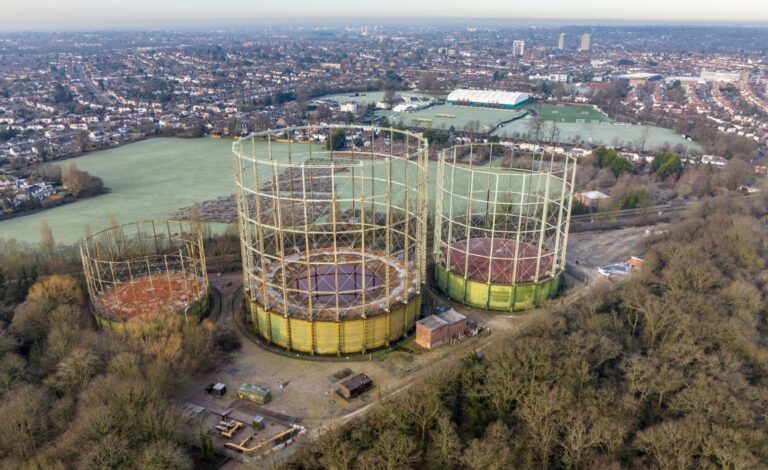A 51-year-old cyclist from Hammersmith was reunited with members of the public and two police officers who helped save his life.
On Sunday, 7 May, Peter Krivdina was cycling through Richmond Park when he collapsed and stopped breathing.
He was 75 kilometres into a 100-kilometre ride which involved cycling eight laps of the park.
Two members of the public went to his aid and began performing CPR. They also called 999 and asked for an ambulance. A short time later, the pair were joined by several other people, including an off-duty NHS doctor and anesthetist.
PCs James Levesley and Paul Barber were on patrol nearby when they heard the call come in. Calls to cardiac arrests are shared with the police as many patrol cars are equipped with defibrillators.
Within four minutes they arrived at the scene and also provided first aid until paramedics from the London Ambulance Service arrived.
A pulse was detected, and Peter was taken to St George’s Hospital in Tooting where he remained for two-and-a-half weeks before being discharged. He has made a full recovery.
“I am very grateful to the many people who helped me when I collapsed,” Peter said.
“They saved my life and I cannot be more thankful. I also received excellent care from the emergency services and the staff at St George’s Hospital.
“It had been a long day of cycling and I remember feeling unwell when I reached the top of a hill. I remember collapsing, but I have no memory after that until I woke up in hospital.
“This experience had made me realise that CPR is a crucial skill and I believe everyone should learn it, so they know what to do if they find themselves in a similar situation.”
PC James Levesley, who is based at Richmond Park, said: “I was delighted to hear that Peter had made a full recovery and it was an honour to be reunited with him and his wife.
“For every minute that someone is in cardiac arrest without CPR or a shock from a defibrillator, their chance of survival drops by 10 per cent, and I would like to praise the passers-by who provided first aid until the emergency services arrived.”
Around 14,000 patients are treated for a cardiac arrest in London every year. Early CPR and defibrillation can more than double someone’s chances of survival.
PC Paul Barber, who also works at Richmond Park, added: “As police officers, we are given first aid training as we are often the first people to arrive at the scene of a major incident where a person is in need of urgent medical assistance, however CPR is a vital skill, and I would encourage everyone to learn how to perform it.”
This short video from our colleagues at the London Ambulance Service explains how to give CPR and how to use a defibrillator.
The London Ambulance Service also organises emergency life support training courses for communities and organisations.






